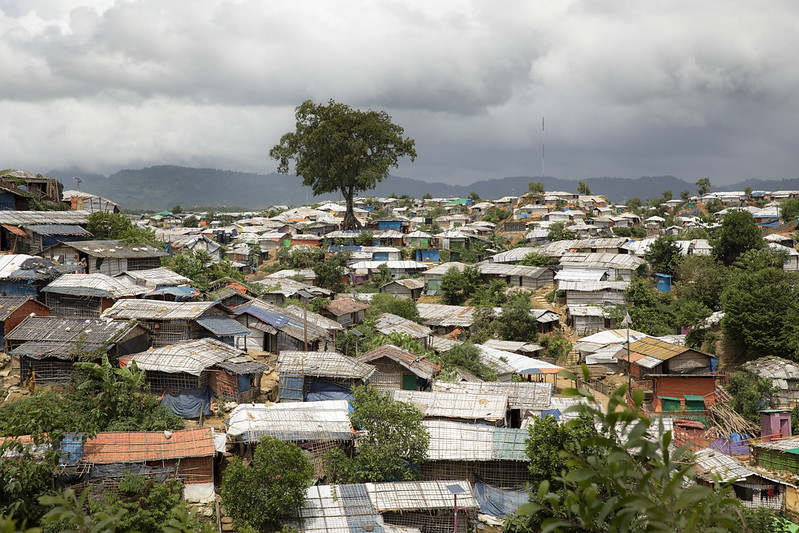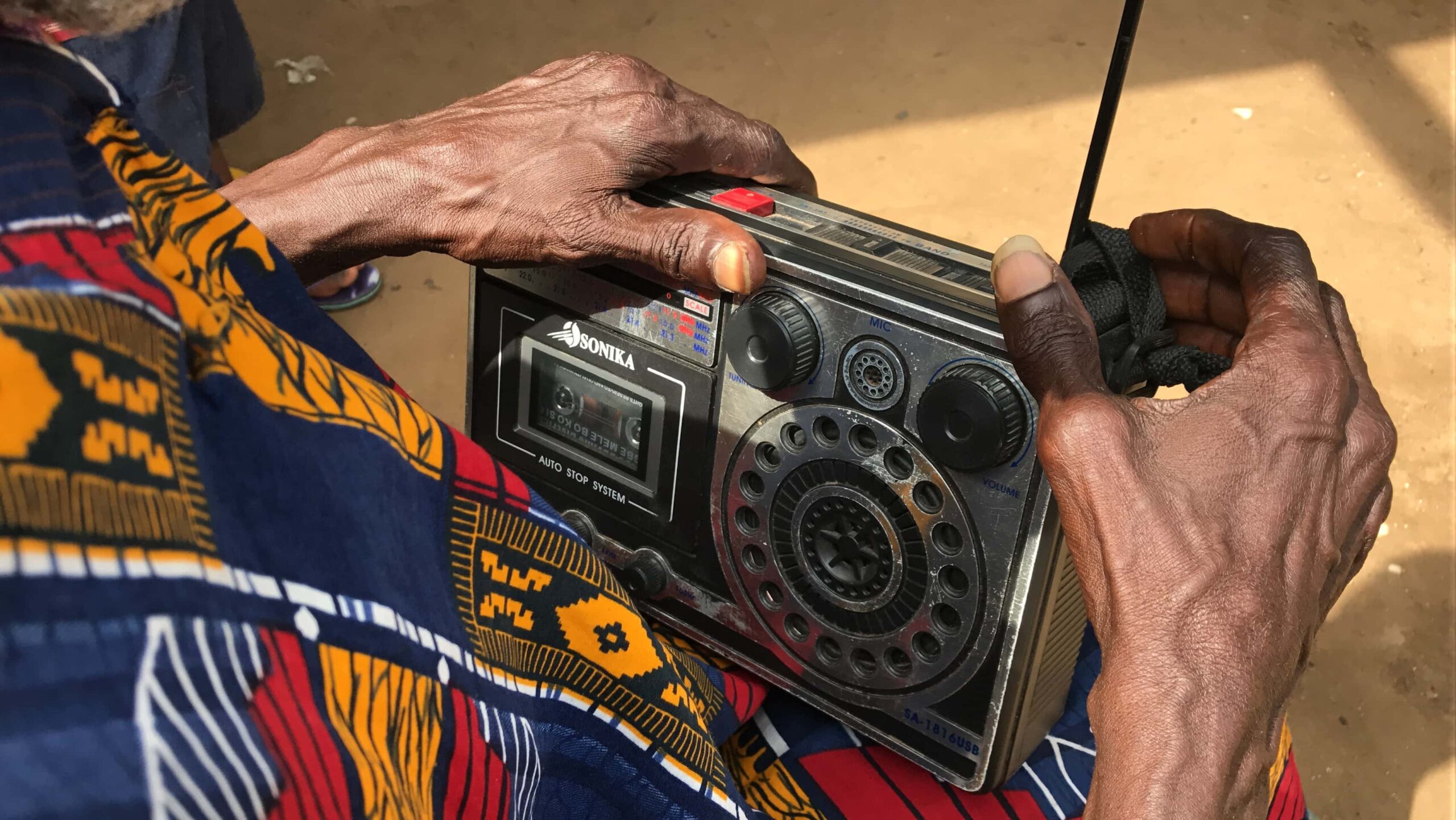Leading academics and data scientists from Durham University, UN Global Pulse (UNGP), WHO, UNHCR, and OCHA; as well as academics from Public Health England, London School of Hygiene & Tropical Medicine, and MIT-IBM Watson AI Lab have implemented an agent-based model to simulate the spread of COVID-19 in the Cox’s Bazar settlement, in Bangladesh.
The researchers analysed a number of operational interventions by modelling the interactions of over 900,000 Rohingya refugees and found that mask wearing is highly effective to slow the spread of COVID-19.
Researchers also established that handling of positive cases in isolation and treatment centres have little impact on the spread of COVID-19 in comparison to home isolation for individuals with mild symptoms, mainly due to the exceptionally high population density in the settlement and many facilities being communal that poses increased risk of coronavirus transmission.
Furthermore, at the time of the study, the simulation results indicated that the reopening of learning centres could lead to a higher infection rate in the refugee settlement, where social distancing is nearly impossible. This led the researchers to explore various mitigation strategies.
The study adapted the JUNE epidemic model to the settlement setting. The team took a scenario-based approach that focused on simulating the relative effectiveness of the abovementioned interventions in the settlement.
The modelling followed a three-step process of (1) building a “digital twin” of the Cox’s Bazar refugee settlement that (2) simulated the possible movement and interaction patterns among the residents and (3) implementation of operational interventions to simulate its effects on the spread of COVID-19 in the settlement.
Virtual individuals were included into the model with different demographic attributes that mirrored real world statistics. A simulation engine was designed by the researchers that captured movement and interaction patterns of the people in the model.
Full results of the study have been published in the journal PLOS Computational Biology.
The study findings have allowed decision makers in the refugee settlement to set up new contingency plans for high case numbers and develop policies on safe opening of various indoor spaces.
A mask-wearing strategy was rolled out, which included mask-making, and communication and engagement campaigns to increase correct mask usage, as the model showed how this could significantly reduce the spread of COVID-19 over time.
The model has been informed by data from UNHCR, the UN’s Refugee Agency, on geography, demographics, comorbidities, physical infrastructure, and other parameters obtained from real-world observations.
The study results were presented in a series of reports that provided crucial insights and limitations relevant to this modelling approach to the World Health Organisation (WHO) and UNHCR public health professionals operating in the settlement on the potential effectiveness of interventions to curb the spread of COVID-19.
Chris Earney, Deputy Director of UNGP said: “The project has fulfilled its operational objectives successfully and the team are aiming to scale the model implementation further with future applications and partnerships.”
The JUNE open-source modelling framework has been developed by the researchers during the pandemic and was originally applied to simulating the spread of COVID-19 in England.
Professor Frank Krauss of Durham University said: “The work with the UN and the WHO is super-exciting and a very good example for the calibre of our PhD students. It is great to see their enthusiasm, skills and drive: this project started from zero, and within months we had a highly competitive COVID simulation for the UK, all while they also collaborated with international agencies to apply this to a completely new setting. This is nothing short of a truly excellent achievement!”
The research conducted by UNGP has been supported by the Government of Sweden, and the William and Flora Hewlett Foundation and the PhD students were supported by the UKRI-STFC grant.



